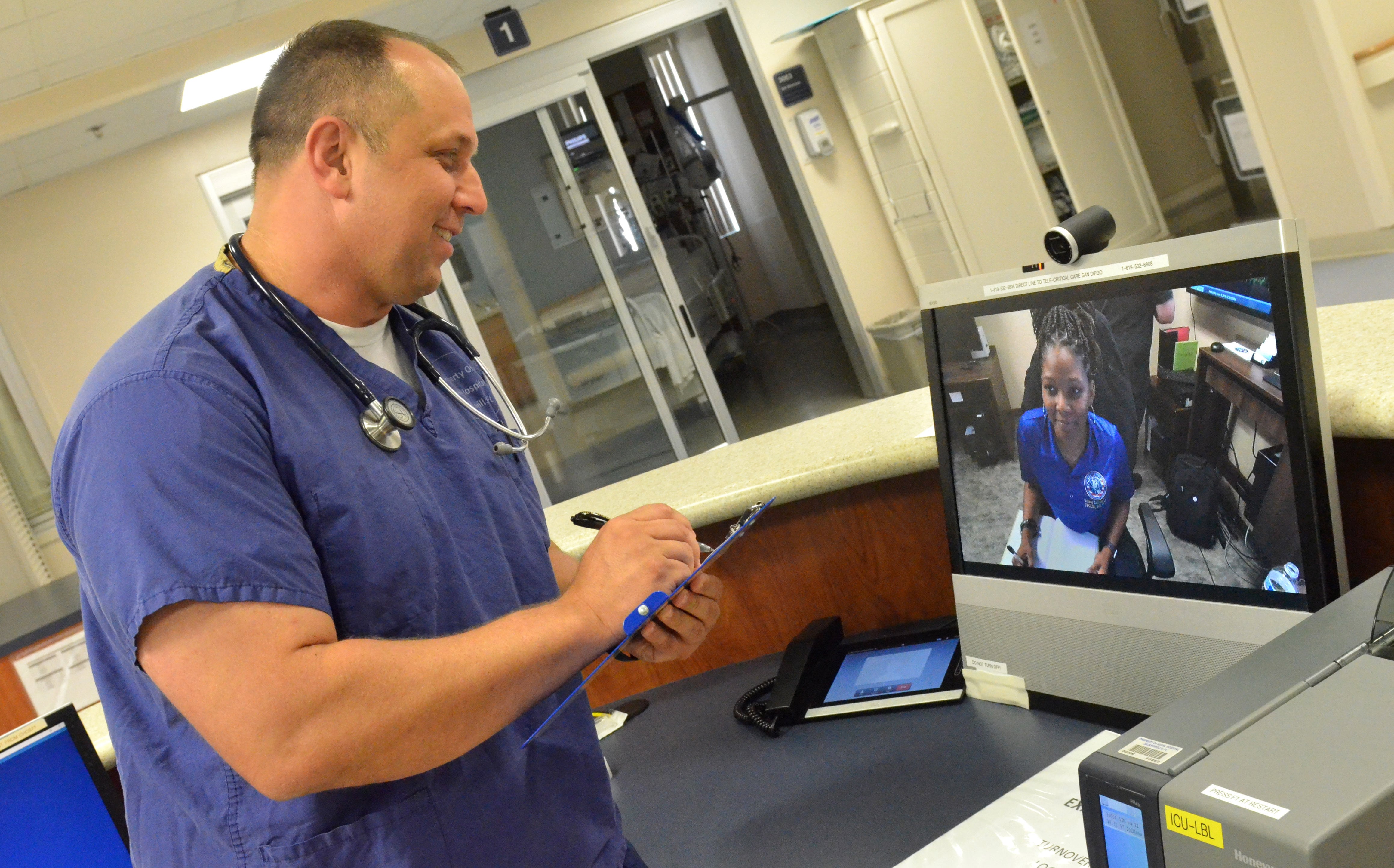Tricare now covers telehealth visits by telephone, and has eliminated the patient co-pays and cost shares for telehealth options during the COVID-19 pandemic, a Tricare official announced during a virtual town hall meeting Tuesday.
The changes are effective today, through the pandemic, said Navy Capt. Edward Simmer, chief clinical officer of the Tricare Health Plan.
Officials have also temporarily relaxed licensure requirements across state lines for health care providers, which will give military families access to more providers. This is in line with many states that have relaxed licensure requirements to allow providers to practice across state lines, Simmer said. Previously, providers had to have a license to practice in their own state, as well as in the state where the patient was located. This will especially help families in more rural areas with limited numbers of health care providers.
These changes will save money for patients and encourage them to use telehealth during this pandemic, but also allows them “to have access to health care without having to expose themselves unnecessarily” to the coronavirus, Simmer said, during the meeting convened by the COVID-19 Military Support Initiative, which provides resources and support to military families and communities affected by the health crisis. The initiative is a partnership of Blue Star Families, the Association of Defense Communities, and the White Oak Collaborative.
RELATED

The addition of audio telehealth for Tricare patients is in line with recently expanded Medicare coverage to include telephone-based telehealth. For several years, Tricare has covered the use of secure video conferencing to provide medically necessary services, allowing patients to connect with a provider using a computer or smartphone. Tricare has also expanded the medical services that are eligible for telehealth. But Tricare didn’t cover these telephone-based telehealth services.
Not every family or every health care provider has access to these secure video links, Simmer said. Adding the audio telehealth option “helps make sure families get care when and where they need it,” he said.
Tricare officials have seen a spike in patients’ use of telehealth during the pandemic; in the past month, they’ve seen the highest number of telehealth visits in Tricare history, he said.
While these changes are being made during the coronavirus pandemic, officials will evaluate whether they should be permanent, Simmer said. They’ll look at the impact on access to care and health care outcomes for military families.
RELATED

In addition to providing more access to health care for military families, the licensure and audio telehealth options could also help the financial viability of civilian health care providers, in the wake of financial strains currently being felt by many of these providers.
For now, Simmer said, the Tricare network of civilian providers is “still very robust. [The Tricare contractors] are still able to maintain our access-to-care standards. We’re watching that very closely. ….. We’re working very closely with the provider community and managed care support contractors to ensure we continue to have a robust network,” he said.
The change to allow Tricare coverage of audio telehealth follows a letter last week to the Defense Health Agency from Sens. Jeanne Shaheen, D-N.H., and Martha McSally, R-Ariz., who cited recommendations by the Centers for Disease Control and Prevention encouraging health care providers to increase the use of telephone, video, conference or other telemedicine services, rather than in-person visits.
Karen has covered military families, quality of life and consumer issues for Military Times for more than 30 years, and is co-author of a chapter on media coverage of military families in the book "A Battle Plan for Supporting Military Families." She previously worked for newspapers in Guam, Norfolk, Jacksonville, Fla., and Athens, Ga.




